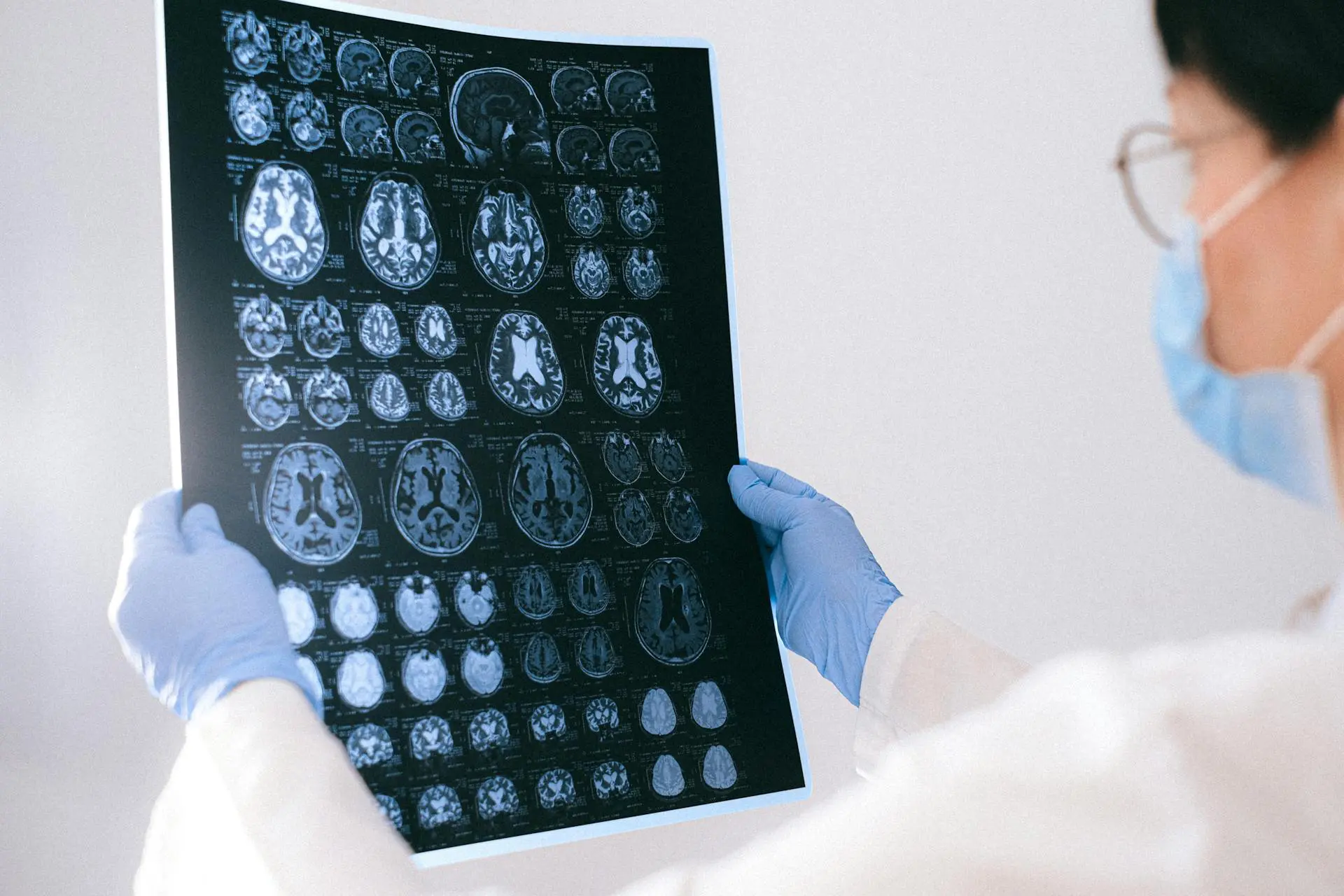When a certain mood hits, I enjoy watching TED Talks on various subjects. Today was one of those days, and I found myself drawn to several videos about Alzheimer’s Disease (AD), and I found a couple that I think are worth sharing here.
The first is one by research scientist Samuel Cohen, a researcher studying neurodegenerative disorders like AD, Parkinson’s Disease (PD), Amyotrophic Lateral Sclerosis (ALS), and Lewy Body Disease (LBD).
After his TED Talk in 2015, Cohen has gone onto become a Co-Founder, CEO, and Director of Wren Therapeutics (renamed WaveBreak in 2023), and then a Co-Founder and Director of both Transition Bio and Ride Therapeutics since 2020 and 2023, respectively.
Cohen’s insights into Alzheimer’s and the promising research being done to pave possible ways forward to new medicines and treatments that could interrupt progression of the disease at the protein folding molecular level. Interrupting these protein malfunctions could prevent protein molecules from sticking together into clumps that create the large plaques and tangles seen in the brains of Alzheimer’s patients.
The second TED Talk is by neuroscientist and novelist Lisa Genova, wherein she explains how the disease works and how one can develop an “Alzheimer’s-resistant brain” by encouraging neural plasticity, increasing cognitive reserve, and getting a good night’s sleep (consistently).
Genova explains how neurons connect in the brain—neurotransmitters are released in the synapses (the spaces between the neurons), and how an accumulation of Amyloid beta (Aβ) peptides produces amyloid plaques, misfolded oligomers, and twisted tau proteins that form fibrils and tangles, causing inabilities for our neurons to connect. We thus lose synapses, which causes us to forget, along with massive inflammation and cell death in the brain.
Of particular interest is how DNA plays a very minor role (if any role at all) in determining who develops Alzheimer’s symptoms.
In a 2021 follow-up audio interview on the TED Talks Daily Podcast, Genova talks about a new generation of drugs called anti-amyloid monoclonal antibodies (MABs) starting to come to market that help clear amyloid beta, and also new diagnostic blood tests being developed to check for amyloid accumulation.
For newer and more detailed information on recent therapeutic approaches being developed to treat AD, please see the PubMed article entitled, “Second-generation anti-amyloid monoclonal antibodies for Alzheimer’s disease: current landscape and future perspectives“, the full text of which is available for free at the National Library of Medicine’s website.




